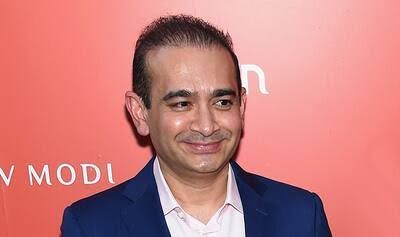Author: Nitish, student at St. Soldier Law College, Jalandhar, Punjab
To the point:
Petitioner: Baljit Singh
Respondent: Bank of Baroda
Court: supreme court.
Year: 2023
Issue: Compassionate appointment in Bank of Broda.
the petitioner, Baljit Singh is a son of a deceased employee of Bank of Baroda. The application made by the petitioner, is denied by the bank because of unfulfillment of the eligibility criteria. Bank’s decision challenged by the petitioner in supreme court, under article 32. the supreme court held that compassionate appointment is not a right , its concession.
Use of legal jargon:
The scheme of compassionate appointment describe the procedure and requirement for deceased’s families to get compassionate appointment. The Bank of Baroda (Transfer of undertaking and Acquiring of shares) Scheme,1970, Section 12(2) gives the authority to make and plan the schemes for compassionate appointments. Article 226 grant the power to high Court for making the examination on Banks.
Facts of the case:
Baljit Singh is a son of deceased employee in the bank.
After his father expired, he filed an application to the bank for the sympathetic appointment at the bank.
Bank denied application of the petitioner for not fulfillment the eligibility requirements.
Curt said that compassionate appointment is binding and the criteria should be fulfilled but according to the court, Baljit Singh did not meet the eligibility requirements.
Abstract:
the case of Baljit Singh v. Bank of Baroda sheds a light on the compassionate appointment in banks, which are not right but concession. The plea was dismissed and the court said that the eligibility criteria should be fulfilled. Court further said that such appointments criteria should be fulfilled properly because it governed by the strict policies and compassion can not over ride this rule. Court dismissed the petition and said that compassionate appointments are not a right but a concession.
Case laws:
State bank of India v. Raj Kumar:
In this case, the court said that compassionate appointment is a concession rather than right . It is a discretion of the company to accept or reject the application but there should not any violation of the policy of the compassionate appointment.
Bhawani prasad Sonkar v. Union of India (11 March, 2011):
the writ petition filed by the appellant for seeking the compassionate appointment but the application was dismissed by the court cause of not fulfilment for eligibility and stated That only eligible candidates can seek the compassionate appointment as per the policy of the banks.
Canara bank & Anr v. M. Mahesh Kumar (15 May, 2015):
Deceased employee of the appellant Canara bank were entitled to seek compassionate appointment under the ‘dying harnessed scheme. The eligibility criteria was fulfilled.
United Bank of India v. Satya Deo (2018):
Court ruled that the eligibility criteria and schemes for compassionate appointment must be followed.
Conclusion
This case reinforces that compassionate appointments are exceptions meant to address hardship, but they must operate within the framework of defined rules and regulations. For compassionate appointments banks set their policies and rule regarding it. The eligibility requirement of the scheme must be fulfilled and banks have right to reject the applications if there is non fulfilment of the scheme’s requirements. The judges have no right to involve in the issue unless there is no issue of any breach of norms etc.
FAQS:
What is compassionate appointment?
Compassionate appointment is a kind of mechanism in public employment where a dependent family member of a deceased employee have provided by the job in the same organization.
It is a kind of policy which ensure the bread earning of a dependent family by giving the job to any family member after the death of that family person.
How the Baljit Singh case give the precedent for the cases?
This case can refer in the subject matter of compassionate appointment of a person is not possible if the criteria is not fulfill. The policies would rule over the court that what criteria the policy have and it should be fulfilled by that person who is going to take compassionate appointment.
Who is competent for the compassionate appointment?
Any family member of a deceased person which is the single bread earner and have no way to feed his family, it can be a son or other person of the family.
What was the major issue in the case of Baljit Singh v. Bank of Baroda?
Baroda There were two or three issues in the case of Baljit Singh v. Bank of, but the main was that is the compassionate appointment can be under these facts.





